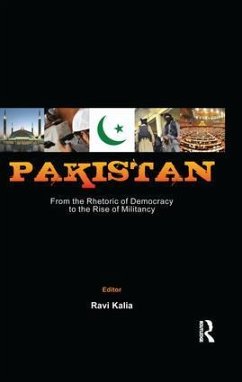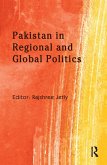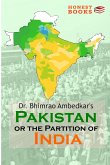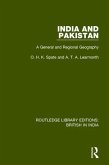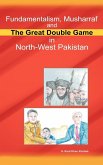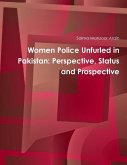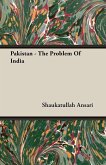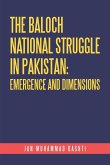The essays in this volume address the central theme of Pakistan's enduring, yet elusive, quest for democracy. The book charts Pakistan's struggle from its very inception, at least in the political rhetoric provided by both civilian and military leaders, for democracy, liberalism, freedom of expression, inclusiveness of minorities and even secularism. At the same time, it demonstrates how in practice, the country has continued to drift towards increasingly brittle authoritarianism, religious extremism and intolerance of minorities - both Muslim and non-Muslim. This chasm between animated political rhetoric and grim political reality has baffled the world as much as Pakistanis themselves. In this volume, scholars and practitioners of statecraft from around the world have sought to explain the dichotomy that exists between the rhetoric and the reality. Crucial areas such as Pakistan's troubled status as a theocracy; its relationship with the US; the position of women and their quest for empowerment; the Mujahir Qaumi movement; the sharp class divide that has led to an elitist political culture; and finally, an erudite discussion of the popular topic - Jinnah's vision of Pakistan - are the focus of this book. This volume will be of interest to scholars of history, political science, international relations, sociology, anthropology and urban planning, policy-makers and think-tanks, as well as the wider reading public curious about South Asia.
Hinweis: Dieser Artikel kann nur an eine deutsche Lieferadresse ausgeliefert werden.
Hinweis: Dieser Artikel kann nur an eine deutsche Lieferadresse ausgeliefert werden.

